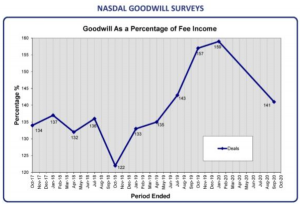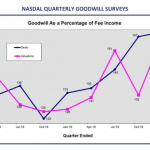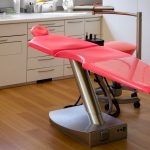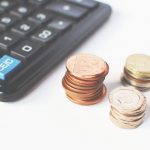Last Friday saw the Supreme Court back many small firms including dental practices over business interruption insurance claims reports the National Association of Specialist Dental Accountants and Lawyers, (NASDAL) reports.
The Supreme Court found largely in favour of small firms receiving payments from business interruption insurance policies. For some practices it could provide a lifeline and the ruling is likely to cost the insurance sector hundreds of millions of pounds. The City watchdog, the Financial Conduct Authority (FCA), brought the test case, and the Supreme Court rejected the appeals from 6 insurers against the Judgement handed down by the High Court in September 2020 following the FCA Business Interruption Test Case.
Steven Davidson, NASDAL member and partner at Olive Clive & Co Chartered Accountants commented, “this does appear to be excellent news for policy holders claiming for Business Interruption following Covid-19 Lockdown. While today’s Supreme Court ruling provides clarity for many thousands of claimants, it is unlikely to provide a clear-cut resolution for all. There are still a number of issues that need resolving. One is the question of aggregation and whether insurers will accept that the disruption caused by the pandemic is one event or more – this issue has not been decided by the Supreme Court and may well have to be decided by future litigation.
“There is also the question of whether any applicable sub-limit or multiple sub-limits of liability applies to any one loss, any one claim, any one occurrence, any one event or any one originating cause under the policy and are recoverable particularly under non-damage BI extensions.”













